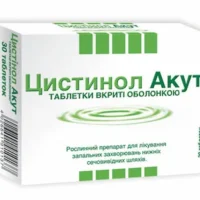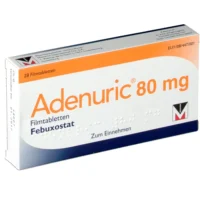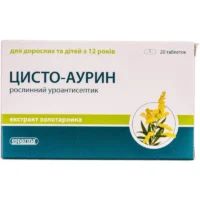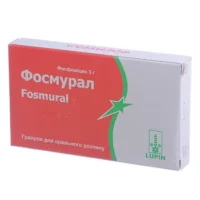Description
Sibutin (Oxybutynin Hydrochloride) Tablets 5 mg. №30
Ingredients
- Active ingredient: Oxybutynin hydrochloride 5 mg.
Dosage
- Dosage: The usual dose is 5 mg two to three times a day. Do not exceed 20 mg daily.
Indications
- Indications: Sibutin tablets are indicated for the treatment of overactive bladder with symptoms of urinary frequency, urgency, and incontinence.
Contraindications
- Contraindications: Do not use Sibutin if you have urinary retention, gastric retention, uncontrolled narrow-angle glaucoma, or if you are allergic to oxybutynin or any other ingredients in the tablets.
Directions
- Directions: Take Sibutin tablets orally with water. Do not crush or chew the tablets. Follow the dosage instructions provided by your healthcare provider.
Scientific Evidence
Oxybutynin hydrochloride has been extensively studied for its efficacy in treating overactive bladder. Research published in the Journal of Urology demonstrated that oxybutynin significantly reduced urinary incontinence episodes and improved quality of life in patients with overactive bladder.
Additional Information
- Oxybutynin works by inhibiting the action of acetylcholine on smooth muscle. This results in reduced bladder contractions and decreased urgency and frequency of urination. The drug is well-tolerated, with common side effects including dry mouth and constipation.
- Clinical trials have shown that Sibutin is comparable in efficacy to other anticholinergic medications used for overactive bladder. Patients should be monitored for adverse effects and drug interactions when using Sibutin.





